Wake Bulgaria up, please, and ask for her position!
Adelina Marini, March 22, 2011
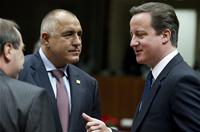 Bulgarian PM Boyko Borissov is probably imitating his colleagues, especially those of them who defend the national interests of their countries in the EU. Probably because of this, he has believed it is possible to maintain a distance on a topic which, indeed, provides Bulgaria with a few reasons to remain reserved. The PM, however, has failed to observe that such a position lies on a false ground. If only he had been more attentive during last European Council meetings, he could have noticed that Greece and Ireland who received financial help from the EU, cannot demonstrate any stubbornness now, no matter how much they would like to.
Bulgarian PM Boyko Borissov is probably imitating his colleagues, especially those of them who defend the national interests of their countries in the EU. Probably because of this, he has believed it is possible to maintain a distance on a topic which, indeed, provides Bulgaria with a few reasons to remain reserved. The PM, however, has failed to observe that such a position lies on a false ground. If only he had been more attentive during last European Council meetings, he could have noticed that Greece and Ireland who received financial help from the EU, cannot demonstrate any stubbornness now, no matter how much they would like to.
Currently, Bulgaria is in a process of defending the very reasons for its EU membership – all this after a pile of requests, warnings and reports handling the need for judicial reform. No result and once again, no result. Now, at stake is the accession to Schengen which for the country is a matter of prestige, while for the EU partners – a necessity to ensure security on EU external borders, particularly in a moment when in EU’s neighbourhood military actions are taken and conditions are created for refugees influx, illegal immigration, smuggling and trafficking of humans and goods. The PM had to be better prepared before starting to defend Bulgaria’s position on Libya.
A humiliating evolution
At the extraordinary European Council on Libya on March 11 Bulgaria announced that it would oppose any military action against Tripoli and that it did not support the hasty recognition of Libyan National Council. Members of the Council 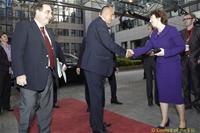 are many former ministers from Gaddafi’s regime, who were directly involved in the tortures of the Bulgarian nurses that spent 8 years in a Benghazi prison on accusation of infecting 400 Libyan children with HIV.
are many former ministers from Gaddafi’s regime, who were directly involved in the tortures of the Bulgarian nurses that spent 8 years in a Benghazi prison on accusation of infecting 400 Libyan children with HIV.
As euinside wrote, this position could be respectable in terms of principle but is incorrect in the light of the factual events. Firstly, Bulgarian diplomacy failed to find the right approach to the hostage crisis for the entire 8-year history of the case. Only after it joined the EU, did it see the opportunity of playing the fact that the Bulgarian medics are European citizens and to put the EU on the forefront. It worked. Only, we do not have to forget that the leading role in the final release of the Bulgarians was played by French President Nicolas Sarkozy and his ex-wife Cecilia at the beginning of their Presidential mandate.
PM Boyko Borissov announced after the European Council how the talks with his fellow EU heads proceeded: “I explained [to EU leaders] that representatives of this council in Benghazi are the people who tortured the Bulgarian medics for eight years and that this cost us nearly $60 million.”
Here, I would like to add that the Bulgarian PM began to share thoughts on Libya only after he was forced to defend a national position on 11 March. Immediately afterwards, he returned the topic to his Foreign Minister Nickolay Mladenov.
After the UN Security Council adopted on March 17 resolution 1973, thus giving a green light for military action in Libya, Minister Mladenov issued a statement to welcome the resolution and to underline that “the main priority of Bulgaria is the humanitarian situation in the country and the ceasing of fire between Col Gaddafi’s regime and the forces in Benghazi.” In this statement Mr Mladenov said something very important: “At this stage I do not think that Bulgaria can engage with direct military action in Libya.”
On March 20 PM Boyko Borissov for the first time called a government meeting on the situation in Libya. Most of the leading EU states did this immediately, on the 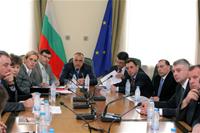 very same day - 17 March. The position that emerged from the governmental meeting was again reserved but a slight awareness started to show that Bulgaria is committed as an EU and a NATO Member State. The position then stated: “Bulgaria can participate in operations such as imposing of embargo by providing on demand a frigate from the Military Marine Forces fleet and participating in humanitarian missions.”
very same day - 17 March. The position that emerged from the governmental meeting was again reserved but a slight awareness started to show that Bulgaria is committed as an EU and a NATO Member State. The position then stated: “Bulgaria can participate in operations such as imposing of embargo by providing on demand a frigate from the Military Marine Forces fleet and participating in humanitarian missions.”
The final evolution of Bulgaria's position on Libya came with the PM’s statement on 21 March where no emotional element was to be observed. “Now, after the military actions from the last days and hours have truncated Gaddafi’s military machine, it is time for NATO to take command of the operation. Bulgaria will join future NATO and EU actions aimed at ensuring full implementation of Resolution 1973/2011 of the UN Security Council. We are ready to participate in the imposition of the arms embargo with a frigate from the Military Marine Forces fleet and to take part in humanitarian missions.”
Defending a national position with a guilty conscience
It is understandable how difficult it is to defend a national interest with a guilty 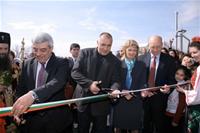 conscience. In the first place, because of knowing that the hot potato has been handled by someone else no grounds allow us to play the victim in the Libyan hostage drama. Secondly, because Bulgarian society has committed unanimously to fulfill its engagements toward NATO and the EU and this had to be the starting point for discussing the national interest in the current situation. And in the third place, because an internal discussion never took place to decide which of the two options we prefer – to stay aside or - exactly because of the case with the Bulgarian medics – to be on the foreground and say “Guys, we know Gaddafi very well and because of this he has to go immediately.”
conscience. In the first place, because of knowing that the hot potato has been handled by someone else no grounds allow us to play the victim in the Libyan hostage drama. Secondly, because Bulgarian society has committed unanimously to fulfill its engagements toward NATO and the EU and this had to be the starting point for discussing the national interest in the current situation. And in the third place, because an internal discussion never took place to decide which of the two options we prefer – to stay aside or - exactly because of the case with the Bulgarian medics – to be on the foreground and say “Guys, we know Gaddafi very well and because of this he has to go immediately.”
The past
The hesitation about Bulgaria’s position on Libya was criticised by two former Bulgarian Foreign Ministers – Nadezhda Neynsky and Ivaylo Kalfin. Ms Neynsky was a Minsiter for Foreign Affairs at the time when the Bulgarian medics were 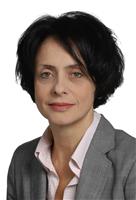 detained by Gaddafi’s regime and accused of deliberately inflicting nearly 400 Libyan children with the HIV virus. The official Bulgarian position then was “And what if they are not innocent?” The statement belongs to former PM Ivan Kostov. Ivaylo Kalfin was a Minister for Foreign Affairs at the time when the Bulgarian medics were released. His efforts were pointed at the European Union's engagement with their release with a view to the fact that since 2007 the hostages were already European citizens.
detained by Gaddafi’s regime and accused of deliberately inflicting nearly 400 Libyan children with the HIV virus. The official Bulgarian position then was “And what if they are not innocent?” The statement belongs to former PM Ivan Kostov. Ivaylo Kalfin was a Minister for Foreign Affairs at the time when the Bulgarian medics were released. His efforts were pointed at the European Union's engagement with their release with a view to the fact that since 2007 the hostages were already European citizens.
Ms Neynsky and Mr Kalfin both expressed criticism about the lack of consistency and in overall the lack of a coherent national position about Libya. Ms Neynsky, now a MEP from the majority in the European Parliament (EPP), who participated in the debates on the topic there said: “The absence of a position on Libya does not do honour to our country.” Moreover, according to her, it is unforgivable the country’s President to express one position, the Foreign Minister to present another and the Minster of Defence – a third.
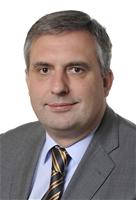 Ivaylo Kalfin stated that the international community as a whole was late with the intervention in Libya. He, however, commented that in general Bulgaria’s position, following the UN Security Council resolution, was right especially in its part to focus on humanitarian aid. For Mr Kalfin the question how to proceed after the war in Libya is much more important. Bulgaria could contribute to the building of post-war institutions in Libya, he believes.
Ivaylo Kalfin stated that the international community as a whole was late with the intervention in Libya. He, however, commented that in general Bulgaria’s position, following the UN Security Council resolution, was right especially in its part to focus on humanitarian aid. For Mr Kalfin the question how to proceed after the war in Libya is much more important. Bulgaria could contribute to the building of post-war institutions in Libya, he believes.
A peek over the high wall
As a matter of fact, the lesson from the evolution and from the debates on Bulgaria’s national position on Libya at large is that Bulgaria appears once more unprepared to react to external events. Fixated in some bizarre internal dialogue, burrowing in sticky layers of accumulated problems and un-started reforms, our country looks like as a school pupil that has fallen asleep in class and whom the teacher has suddenly asked – what do you think about this? The pupil responds sluggishly and falls asleep again. While at this very moment the world is changing rapidly and irreversibly and until at once, nobody anymore will remember to wake up the Bulgarian pupil and ask for his opinion because everyone knows that he does not care.
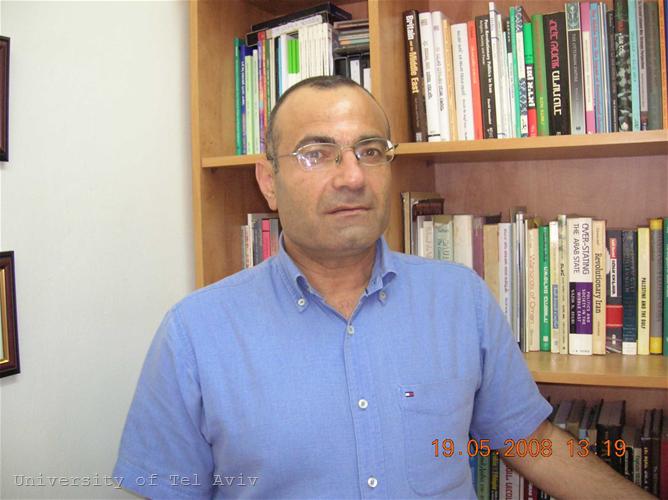 | © University of Tel Aviv
| © University of Tel Aviv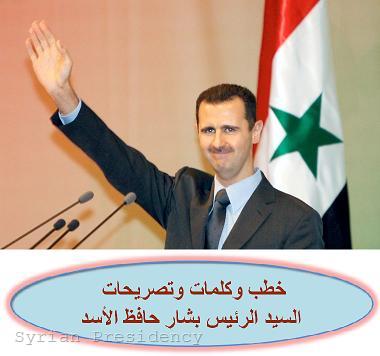 | © Syrian Presidency
| © Syrian Presidency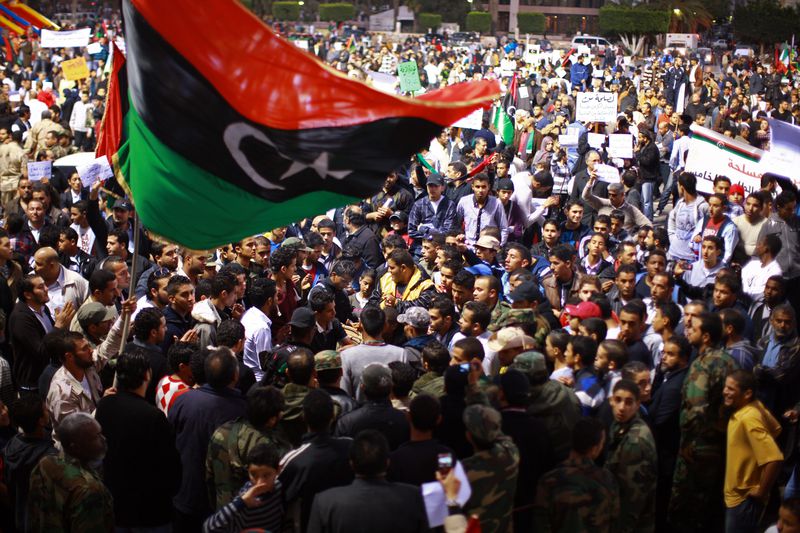 | © UN
| © UN